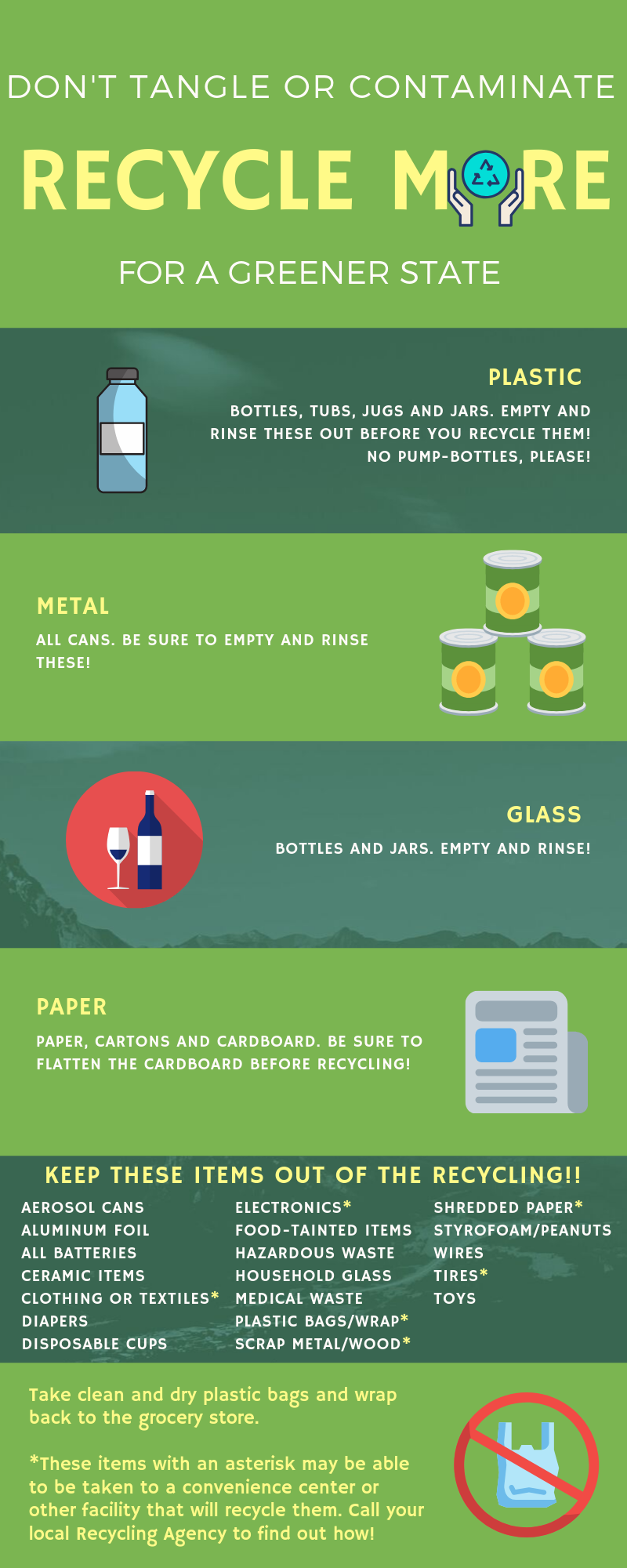The Improvement Of Dumpster Rental: An Evaluation Of Its Background, Existing State, And Future Prospects
The Improvement Of Dumpster Rental: An Evaluation Of Its Background, Existing State, And Future Prospects
Blog Article
Author-Therkelsen Langston
As you ponder the advancement of dumpster leasing, think about exactly how each period has added to forming the waste administration landscape we navigate today. From modest beginnings in the 1930s to the innovative innovations of today, the trip of dumpster service has actually been marked by development and adaptation. However what lies on the perspective for this necessary service? The future patterns in sustainable practices hold the key to unlocking a more reliable and eco-conscious technique to throw away administration. Stay tuned to uncover just how the dumpster leasing sector is poised to welcome a greener tomorrow.
Historical Roots of Dumpster Rental
Explore the origins of dumpster service and exactly how it has shaped waste management techniques gradually.
Dumpster rental traces back to the 1930s when George Roby Dempster, a Tennessee business owner, invented the Dempster-Dumpster. trash dumpster rentals transformed waste disposal by supplying an assigned container for accumulating and moving trash successfully. At first used for building and construction websites, the principle quickly expanded to household and industrial setups, resulting in the establishment of the initial dumpster rental solutions in the 1960s.
Throughout the years, dumpster rental has dramatically affected waste management methods by promoting comfort, sustainability, and company. The ability to streamline waste in committed containers improves collection procedures, minimizes littering, and enhances reusing efforts. Furthermore, dumpster leasing urges people and services to take on accountable waste disposal habits, adding to cleaner environments and reduced ecological impact.
Modern Innovations in Waste Management
Incorporating innovative modern technologies and sustainable techniques has revolutionized waste monitoring over the last few years, improving performance and environmental influence. One significant technology is using smart waste monitoring systems that use sensing units to keep track of waste levels in real-time, enhancing collection routes and routines. These systems help reduce unnecessary pickups, decreasing fuel intake and exhausts.
Another modern advancement is the execution of waste-to-energy centers, where non-recyclable waste is exchanged power with procedures like incineration or anaerobic digestion. This not just minimizes the quantity of waste predestined for garbage dumps yet also generates renewable resource.
Moreover, the introduction of single-stream recycling has simplified the reusing procedure for consumers, resulting in higher participation rates and increased diversion from landfills. In addition, advancements in composting modern technologies have made organic waste administration extra reliable, turning food scraps and backyard waste right into useful compost for agricultural usage.
Anticipated Trends in Sustainable Practices
Sustainable waste management methods are advancing quickly to satisfy the enhancing demands for ecological duty and resource effectiveness. As you look to the future, numerous vital patterns are prepared for to form the sector. One major focus will certainly get on minimizing waste generation via better product style and packaging. Companies will significantly embrace circular economic situation principles, intending to lessen waste and make best use of the lifespan of products.
An additional fad to expect is the surge of innovative reusing innovations. Technologies in chemical recycling and pyrolysis are expected to supply brand-new remedies for managing facility or contaminated waste streams that traditional recycling techniques battle to refine effectively. These technologies have the prospective to revolutionize exactly how we manage waste, transforming difficult-to-recycle products right into important sources.
Additionally, expect to see a higher emphasis on natural waste diversion. Composting programs and anaerobic digestion centers will certainly end up being more widespread as areas strive to reduce the amount of organic matter sent out to landfills. By purchasing these sustainable techniques, we can relocate towards a much more round and resource-efficient waste management system.
Conclusion
To conclude, dumpster rental has come a long way because its creation in the 1930s. From its modest starts on construction websites to its extensive usage in domestic and commercial setups, the industry has actually continuously progressed to meet the changing needs of waste monitoring.
With the intro of modern-day advancements and a concentrate on sustainable practices, the future of dumpster leasing looks promising, with a solid focus on efficiency, environmental duty, and technology.
